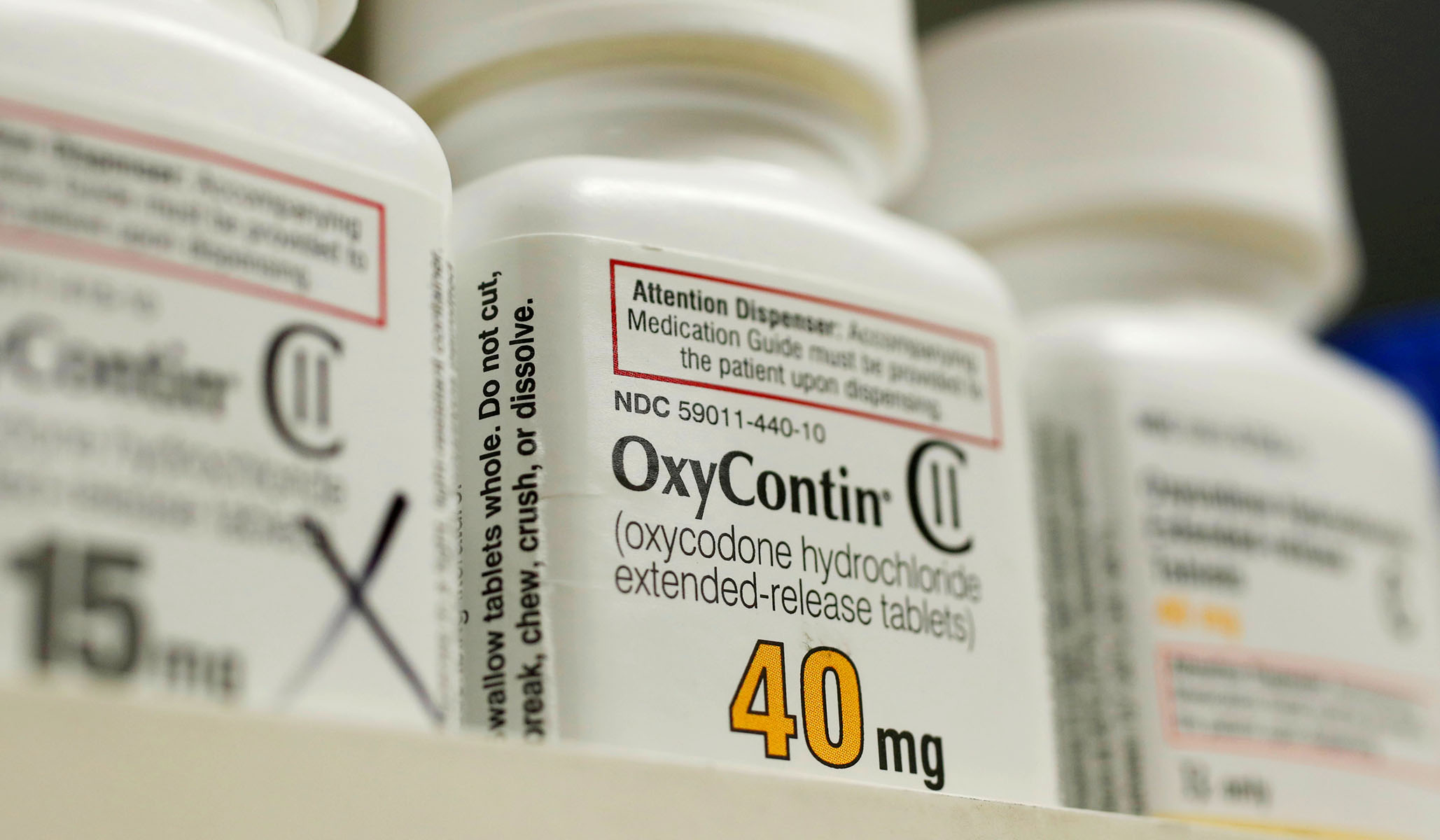
A federal judge in Manhattan has rejected a roughly $4.5 billion settlement that would have shielded the Sackler family, the billionaire former owners of OxyContin maker Purdue Pharma, from future lawsuits over opioids.
Judge Colleen McMahon of the U.S. District Court for the Southern District of New York on Thursday struck down the settlement, which had been approved by a bankruptcy judge in September, because it would protect members of the Sackler family — Purdue’s billionaire former owners — from civil opioid lawsuits via legal releases that are not permitted under the bankruptcy code.
While the Sacklers did not file for personal-bankruptcy protection, they made the condition a requirement of the settlement agreement. The judge said the bankruptcy code does not explicitly permit a judge to grant the releases.
“The great unsettled question in this case is whether the bankruptcy court — or any court — is statutorily authorized to grant such releases,” she wrote.
She said legal rulings from the Second U.S. Circuit Court of Appeals that Purdue has used to secure the legal releases haven’t properly analyzed the issue and that her ruling will not be the last word on the issue, according to the Wall Street Journal.
“It must be put to rest sometime; at least in this Circuit, it should be put to rest now,” McMahon said.
The settlement was the main part of a larger financial restructuring of the company that would fund programs to combat the opioid crisis and compensate people harmed by OxyContin. Purdue pleaded guilty last year to three criminal charges, formally acknowledging its role in the opioid epidemic that has plagued the U.S. over the past two decades. The drugmaker admitted to obstructing the U.S. Drug Enforcement Administration’s efforts to fight the opioid-addiction crisis and confessed that it had not carried out an effective program to prevent prescription drugs from landing on the black market, though it had previously told the DEA it had such a program, according to the Associated Press.
Purdue also admitted it had proffered misleading information to the agency in order to bolster company manufacturing quotas and that it has paid doctors via a speakers program to persuade them to write more prescriptions for its painkillers.
State attorneys general from several states including Washington, Connecticut, and Maryland had opposed the settlement. They argued that it did not go far enough to deter other corporate wrongdoing.
Purdue, the Sacklers, and groups that supported the settlement, including those representing opioid victims and other company creditors, are likely to appeal the decision.
Purdue told McMahon that the company could be liquidated if the restructuring plan falls through, causing “billions of dollars for abatement and victim compensation” to be “irretrievably lost.”
Send a tip to the news team at NR.

